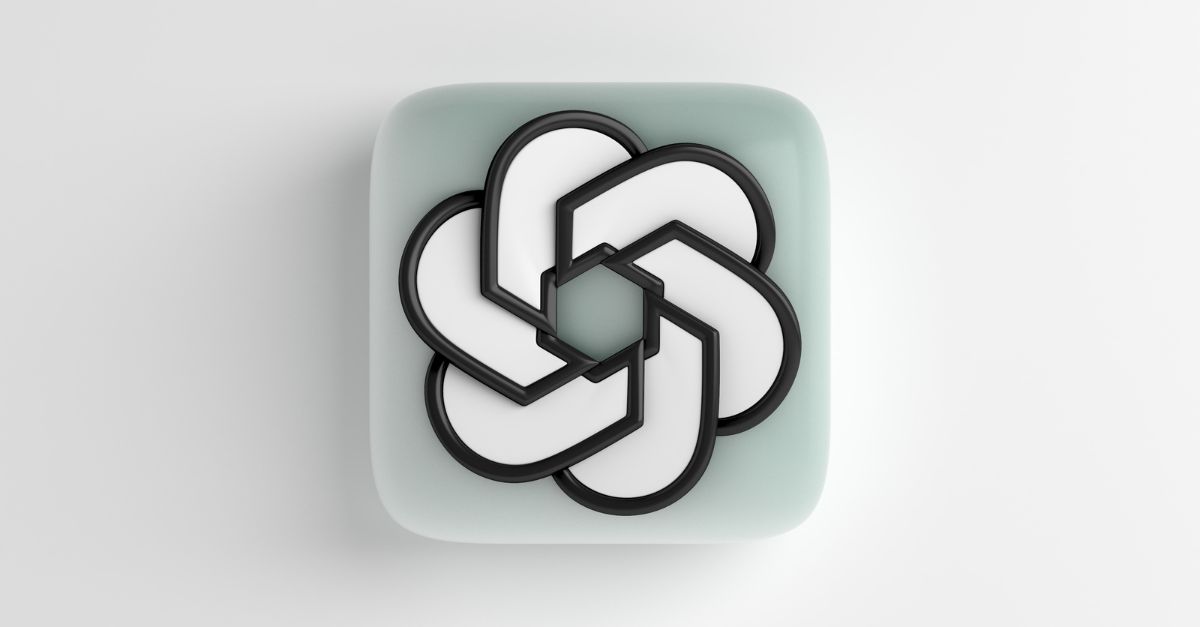We uncover what you need to know about the viral sensation AI tool, taking the internet by storm. Just as you’d see automated chat services on companies’ customer service sites, ChatGPT engages in conversational dialogue in a far more sophisticated manner. Experts expect ChatGPT to revolutionise the way that humans interact with chatbots and AI more broadly. GPT stands for “Generative Pre-training Transformer,” referring to the way that ChatGPT processes language.
Gartner reportedthat “Venture capital firms have invested over $1.7 billion in generative AI solutions over the last three years, with AI-enabled drug discovery and AI software coding receiving the most funding.” They also report predictions and state that Marketing and Media are already feeling the impacts of generative AI:
Gartner expects:
By 2025, 30% of outbound marketing messages from large organisations will be synthetically generated, up from less than 2% in 2022.
By 2030, a major blockbuster film will be released with 90% of the film generated by AI (from text to video), from 0% of such in 2022.
Separating the real from ChatGPT:
"ChatGPT is scary good. We are not far from dangerously strong AI." said Elon Musk, who was one of the founders of OpenAI before leaving.
Using its accumulated training, ChatGPT-3 can predict the most likely next word in a sentence, writing stories, lyrics, poetry, and even computer code which enables ChatGPT to write a teenager's homework in seconds. Further, it can generate images that don't exist in the real world. Putting this into perspective for the workplace, should managers be worried about how they’ll judge employee performance if the individual is quietly using this new AI tool? The growth of this AI presents questions around ethics, authenticity and transparency.
Executives need to be aware of such developments in technology in the workplace now that ChatGPT created content is indistinguishable from that of a human being. There is the potential for employees to delegate work to ChatGPT and pass it off as their own from writing business plans to detailed reports whilst identifying factual inaccuracies itself. That’s one reason some companies no longer require cover letters for applicants. On the other hand, of course advanced AI has its benefits in the workplace; creating efficiencies and increasing productivity and automating tasks to free up time for employees to work on more innovative projects. We expect that executives will need to work hard to reiterate individual ownership, transparency and accountability especially amongst employees and candidates that truthful communication is expected.
Managing the situation:
When may be the right time for Executives to be asking questions to their workforce? Who is using Generative AI amongst employees, how is it being used and what policies should a company put into place to manage advanced technology and its influence on employees and general processes?
We hope you found this blog insightful. If you are interested in our hiring services, get in touch with us today:info@space-exec.com




